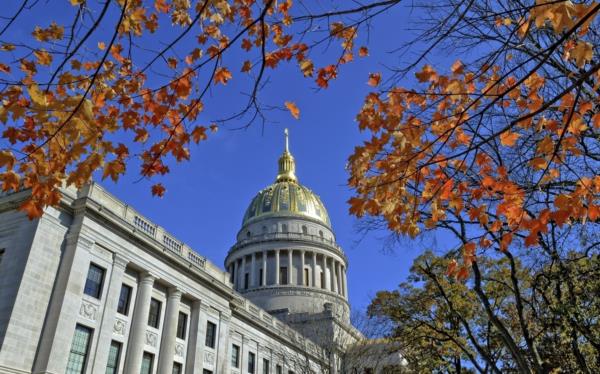
West Virginia's GOP-controlled state Legislature recently passed a bill allowing certain students not attending traditional public schools to be exempt from the state's stringent vaccination requirements. Despite objections from a Republican Senate Health and Human Resources Chair, the bill was approved in the Senate by an 18-12 vote. The House had previously passed a version of the bill in February.
West Virginia, known for having some of the lowest life expectancy rates in the U.S. and a significant child poverty rate, has historically upheld strict vaccination policies. The state, along with California, previously did not allow nonmedical exemptions for school vaccinations. However, a new bill, now awaiting the governor's signature, permits virtual public school students to be exempt and allows private and parochial schools to establish their vaccination policies.
Under the proposed law, students participating in school competitions, including sports, are still required to be vaccinated. The bill also includes provisions that shield private schools from legal action related to their vaccination policies, as long as parents are informed annually and upon enrollment.
The bill's original focus was on eliminating vaccine requirements for students in public virtual schools but was expanded to include private schools setting their own standards. A religious exemption provision was removed during the Senate's deliberations.
Supporters of the bill argue that the current compulsory vaccination policy in West Virginia lacks informed consent and point to a growing number of parents opposing vaccinations. However, critics, including medical professionals, view the state's existing vaccine policy as a national benchmark for child immunizations.
West Virginia mandates vaccines for various diseases, including chickenpox, hepatitis B, measles, meningitis, mumps, diphtheria, polio, rubella, tetanus, and whooping cough, with medical exemptions allowed. Notably, COVID-19 vaccinations are not currently required by the state.







